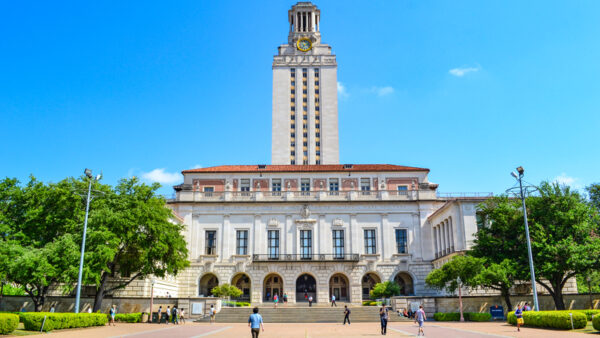Researchers from the University of British Columbia (UBC) have found that living close to a major road or highway is correlated with a higher risk of dementia, Parkinson’s disease, Alzheimer’s disease and multiple sclerosis (MS).
The team found that living close to green areas, by contrast, has protective effects against developing the neurological disorders.
Analysis of 678,000 adults in Vancouver found that those living less than 50m from a major road or 150m from a highway were more likely to have one of the four diseases.
UBC’s study analysed those between 45 and 84 from 1994 to 1998, then again from 1999 to 2003. It concluded that those living near to roads caused a 14% increased risk in non-Alzheimer’s dementia, and a 7% increase in Parkinson’s disease.
Researchers are planning a Canada-wide study to provide a larger dataset for more information on air pollutant’s effects on Alzheimer’s and MS.
Weiran Yuchi, the lead author of the study, commented: “For the first time, we have confirmed a link between air pollution and traffic proximity with a higher risk of dementia, Parkinson’s, Alzheimer’s and MS.
“The good news is that green spaces appear to have some protective effects in reducing the risk of developing one or more of these disorders.”
Michael Brauer, senior author of the study, said: “For people who are exposed to a higher level of green space, they are more likely to be physically active and may also have more social interactions.”
UBC’s results were published in the journal Environmental Health.
Image: A traffic jam (Linqong/Dreamstime)
Comments
Comments are closed.







For the first time, we have confirmed a link between air pollution and traffic proximity with a higher risk of dementia, Parkinson’s, Alzheimer’s and MS. not hard to make the connection really, proving it is of course the hard part.